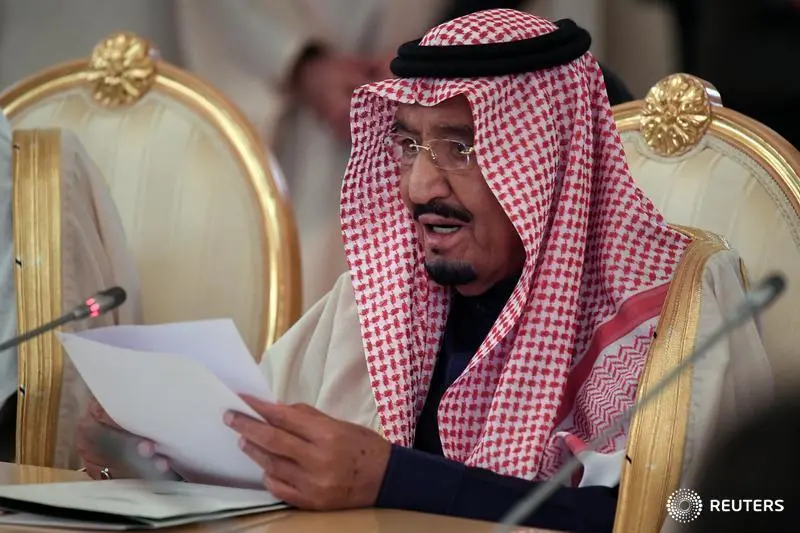PHOTO
Saudi Arabia's General Investment Authority (SAGIA) issued a Royal Decree on Tuesday evening announcing seven new 'investment principles' aimed at encouraging more foreign difrect investment (FDI) into the Kingdom.
The authority said in a media statement that that the principles would "support the development of a competitive investment environment in the kingdom, and were based on international best practice. The principles were announced at the annual World Economic Forum in Davos. They are:
- Ensure equality between Saudi and foreign investors
- Ensure protection of investments in compliance with the laws in Saudi Arabia
- Enable the sustainability of investment and maintain transparency when addressing investors’complaints
- Provide access to equal investment incentives and implement transparent, non-discriminative criteria for eligibility
- Implement social and environmental standards and ensure investors compliance with health, safety and environment regulations of Saudi Arabia and the international environmental conventions to which Saudi Arabia has signed
- Facilitate access procedures for foreign workers and their families
- Ensure a solid transfer of knowledge, technology and enhancement of local human
Capital
SAGIA's governor, Ibrahim Al Omar, said in the statement: “The rapid pace of economic transformation in the coming years is opening exciting investment opportunities – both in Saudi, a G20 economy opening up to international businesses, and in the broader Middle East. These principles will play an important role in underpinning the reforms that are making it easier for investors to access these markets.”
The statement also said that FDI in Saudi grew by 127 percent in 2018, but it did not give an actual FDI figure, and this was coming off a low base. In the prior year, 2017, FDI fell by 81 percent to $1.4 billion, from $7.5 billion in 2016, according to Reuters.
In an emailed response to questions from Zawya, Karen Young, a political economist specialising in the Gulf Cooperation Council and a resident scholar at the American Enterprise Initiative, said that increasing FDI was "essential" to the Kingdom's Vision 2030 economic transformation programme, and to the Saudi economy more generally.
“Right now, the government is relying on expansionary fiscal policy to jump start growth, and spending on megaprojects is a large part of the vision realization program for 2019," Young said. "In fact, of the 175 billion SAR (Saudi riyals, or $46.67bn) planned to spend in 2019, 71bn SAR are devoted to mega projects, water resources and renewable energy/infrastructure spending.”
She said that since the global financial crisis in 2008, the trend in net FDI inflows into the kingdom has been one of decline.
“The investment climate has not been favorable," Young said. "The government is doing most of the heavy lifting for the megaprojects like NEOM and Qiddiya.”
Investor deterrents
Young said that foreign investors had been deterred by a number of factors, including a restrictive legal framework, political risks (following the crackdown on alleged corruption in 2017 and the reputational damage suffered in the wake of the killing of journalist Jamal Khashoggi in October 2018) and the delivery risks associated with some of the megaprojects – many of which are in remote, uninhabited areas.
She also said that progress had been made with regulations, following the lifting of foreign ownership restrictions on companies in certain sectors, and the introduction of new bankruptcy laws, but added that reforming the regulatory environment was "essential" for the Kingdom to attract more capital.
"People want to know that they can invest in the kingdom, be treated equally to citizens in courts, and have a mechanism to dispute and insolvency if needed, and always a way to exit with their investment if necessary," Young said.
"It is basic rule of law that will be essential over the medium term to attract larger amounts of foreign direct investment."
(Reporting by Michael Fahy; Editing by Mily Chakrabarty)
Our Standards: The Thomson Reuters Trust Principles
Disclaimer: This article is provided for informational purposes only. The content does not provide tax, legal or investment advice or opinion regarding the suitability, value or profitability of any particular security, portfolio or investment strategy. Read our full disclaimer policy here.
© ZAWYA 2019




















